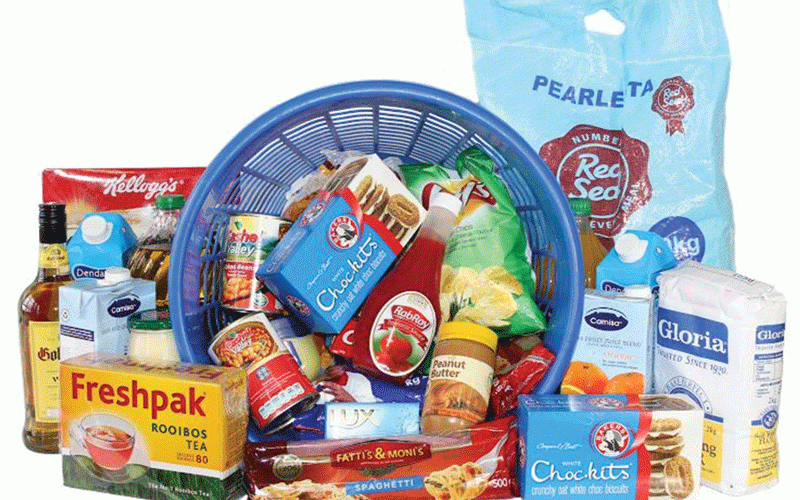
WORLD BANK report has ranked Zimbabwe as the world's third highest food price inflation country at 102%. The World Bank’s latest report revealed that prices of basic goods continue to skyrocket while the local currency continues on a free-fall.
The country is among 10 countries worst hit by global food inflation, with Lebanon topping the list at 352%.
Other countries in the top 10 include Argentina at 107%, Turkiye at 67% and Egypt at 63%.
According to the World Bank, food inflation is expected to remain high in Zimbabwe due to the country’s currency woes.
“Food inflation still remains high in the southern African country. The key drivers of high food prices include high global commodity prices and production costs, which are a result of high fuel, transportation and production costs,” the report read.
“Although global food and energy prices have moderated, depreciation in domestic exchange rates is keeping food prices high. Persistent blackouts have increased costs in agricultural and food supply chains.
“Supply chain actors are relying on alternative sources of electricity, such as generators, which is increasing costs associated with refrigeration and running processing plants.”
Meanwhile, the World of Statistics also indicated that Zimbabwe was experiencing extreme food inflation after reaching 102% from 80% in 2021 globally.
- Mavhunga puts DeMbare into Chibuku quarterfinals
- Bulls to charge into Zimbabwe gold stocks
- Ndiraya concerned as goals dry up
- Letters: How solar power is transforming African farms
Keep Reading
The leading country with highest food inflation is Lebanon (352%) followed by Venezuela (158%) and Argentina (110%), Turkey (53,92%), Pakistan (48%), Poland (24%), Czechia (formerly Czech Republic) (23,5%) and Germany (21,2%).
Prices of basic foodstuffs and other commodities have soared in Zimbabwe, while some food items are being charged in United States dollars.
Economist Yona Menon Banda told NewsDay that food inflation was being caused by the ever-weakening local currency.
“I think it’s mostly the effect of the sustained depreciation of our domestic currency with retailers and food producers continuously adjusting their prices to preserve their real earnings. The increased energy costs from the current power supply shortages are also likely contributing to the pressure on food prices,” Banda said.
Earlier this week, Cabinet said it had set up a team to investigate a wave of price hikes.
Government also said it was illegal for retailers and other service providers to charge exclusively in United States dollars.
On Wednesday, Primary and Secondary Education deputy minister Edgar Moyo said it was illegal for schools to decline payment of fees in the local currency.
“In areas where school heads are refusing to accept the Zimbabwe dollar and they only prefer the US dollar, that is illegal. I will repeat again, if that happens, let the parents get in contact with the district schools inspectors so that corrective measures are taken,” Moyo said.










